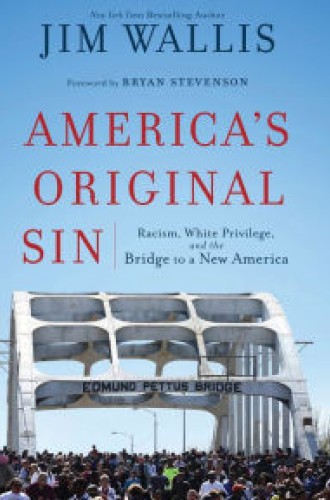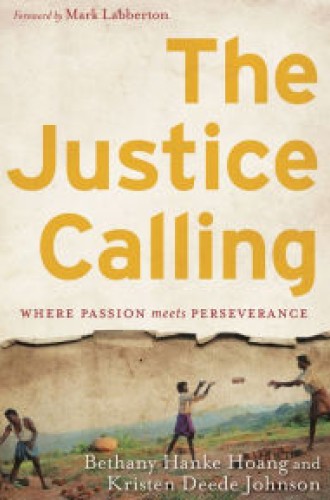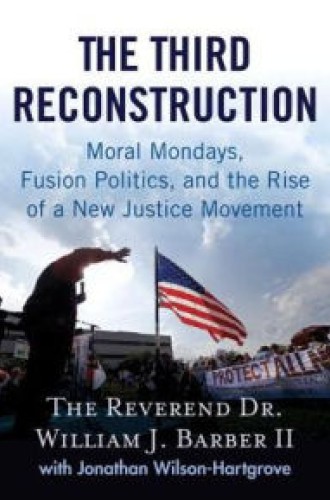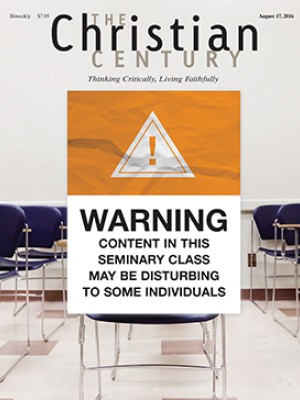Need to confess
In the little Baptist church of my youth, nothing was more powerful than the Sunday evening service of testimony, confession, and altar call. On these evenings the room was imbued with a sense of Spirit, of the invisible bursting out into the open. We saw God in bowed heads and in bodies rising. The testimony was never simply one person’s story. It was always a call, an invitation, for everyone to participate in the transformation evident in the life of the one telling the story. It was a call to conversion.
“With every head bowed and every eye closed . . .” The mantra of calling and conviction and hope thickened the air in the room. We would open our eyes to find that two or three people had appeared at the altar, their eyes red and wet, recognizing the ways that their lives had been empty or comprehending that they need not be beaten anymore. In all of these moments, we were witnesses to people being drawn into a life with God and coming to see themselves as beloved and needed.
Read our latest issue or browse back issues.
In the many years since, I have come to see that discipleship is not just one moment of conversion. Following Christ is being subject to conversions, to being opened up again and again. Our life of following means repeatedly discovering the depths and facets of what that first yes meant.
I’ve experienced such conversions in my own life, and I see them every year in my classes, most dramatically in the classes I teach on race and identity. Students read accounts of slaves who saw liberation in a book that was intended to enslave them. They read of slaveholders’ distorted Christianity and of the wicked ways race and faith seemed entwined in the American story. In hearing these testimonies, students are confronted with God in new ways and with descriptions of God’s work that do not fit their categories of faithfulness or truth.
Some might consider confession a highly individual act, a shallow point of piety incapable of overcoming the systemic and brutal realities of racism and exploitation. And yet Israel’s corporate confessions, rituals of atonement, and mourning laments were never merely individual. They were acts of the many and the one, an interconnection of the individual and the community.
America is in the midst of its own long conversion. Confronted again with how the legacy of slavery and racism lingers in our cities and prisons and schools, we witness marches in the streets that function as testimonies and invitations to see our history truthfully. Central to this call is justice.
The voices in these books exemplify three significant confessional movements: confession of what was; confession of who God is; and confession of what could be. Taken together, these facets of confession could begin to frame the difficult and necessary call of justice for the church in this time.
America has a popular story about its beginnings: brave explorers, faithful religious refugees, and intrepid entrepreneurs built America from nothing into the nation it is today. Jim Wallis offers us a prophetic call to remember more truthfully. Tracing how race has been an integral part of America’s history, its “original sin,” he names the ways white supremacy was present in America’s birth and continues to be present in the realities of police brutality, the criminal justice system, and educational inequality.
This truthful telling is essential to our calling as Christians because “race is woven throughout the American story and each of our own stories. . . . Only by telling the truth about our history and genuinely repenting of its sins, which still linger, can we find the true road to justice and reconciliation.” Such truth telling embodies confession of what was.
Wallis’s book carries the spirit of The Liberator, the abolitionist newspaper founded by William Lloyd Garrison to publicize the immoralities of the slave trade. The book gives public testimony to what has gone wrong, how this country has fallen short, and what it might mean to imagine God’s justice as central to the life of discipleship. It calls individuals into a new movement. Wallis envisions individuals as agents of change: “when the issues become personal—when we meet people, see the faces, and hear the human stories that show us something is very wrong and we need to help change it. Stories are what change us.”
In many ways, Wallis’s vision is quintessentially evangelical, grounded in unwavering belief that God works through individuals and through the personal life, for the sake of the personal but also to shape social realities.
If Wallis’s account confesses what was, Bethany Hanke Hoang and Kristen Deede Johnson beckon Christians to live into God’s justice in the world. They remind Christians of the fullness of God’s work in the world in the midst of seemingly unrelenting suffering and violence. This book models confession of who God is.
At the center of this work is a spirituality that involves a dual willingness: to see the brokenness of the world and, in the midst of that awareness, to continue to follow Jesus into the work of God in those marginalized spaces. Walking readers through biblical and spiritual principles of God’s work, the authors affirm: “As saints we are free to offer our lives and our calling—our loaves and fishes—to Jesus Christ, knowing that God is the only one who can turn our humble offerings into rich and plentiful food.” This book calls people from the comfort of their own homes into the terrifying realities of those dispossessed and violently used. Tracing God’s presence among us in continual acts of justice and mercy throughout scripture, the authors confess a God who is not distant but desires the flourishing and safety of all of God’s creatures. To confess this God is to extend our lives into God’s purposes.
In my childhood church, after the testimonies were over and those who came up for forgiveness or hope were prayed with, we all had to go back out into the world. We did not all testify. We did not all confess to lives lived contrary to what God would hope for us. But we were all witnesses to the work God was doing. While I may not have shared another individual’s loss of hope or participated in a particular transgression, hearing those stories led me to reflect on my own life and recognize my own unique way of resisting God in ways both small and large.
William Barber offers a narrative of how North Carolina’s Moral Monday movement grew. Beginning in small local initiatives, it became a large-scale protest movement that spread throughout the United States in 2009. Barber reveals the sense of calling and spiritual courage needed to stand in opposition to the proliferation of laws and policies in North Carolina that discriminate, impoverish, and delimit the lives of so many of its citizens.
Barber describes the growth of a “twenty-first century fusion coalition” of “justice tribes” already working throughout the state on education, poverty, health care, the death penalty, environmental justice, living wages, and other issues. “Though our issues varied, we all recognized the same forces opposing us. What’s more, we saw something that we hadn’t had a space to talk about before. There were more of us than there were of them.” With this recognition, the Moral Monday movement began to embody the kind of power that confesses what could be.
Barber’s testimony displays not only what telling our story truthfully requires, but also how necessary a communal body is in confessing a God who is just and seeks the flourishing of all of creation. Through Barber’s narrative we see the individual and the communal fused in a difficult and often uncertain journey where powers and principalities are overcome—not only in streets filled with people, but also in church halls and coffee shops and living rooms.
Like the testimonies of my childhood church, Barber’s book concludes with a call: “Fourteen Steps Forward Together” outlines specific strategies for participating in this work in local communities. Confessing what could be, this book functions as an invitation.
As I read each of these books, I envisioned different readers. America’s Original Sin and The Justice Calling are essential reading for those who are beginning the journey of considering how justice is integral to the life of following Jesus. Wallis’s book offers a beautiful starting point for white people who are beginning the journey, who do not yet understand the historical realities of race in America and their relationship to contemporary injustices. Both books offer a breadth of story and a language that invites readers into the difficult but necessary story of how our world has been shaped and what God calls us to do. The Third Reconstruction is a critical resource for activism.
Taken together, these books offer the shape of a confessional church—a church that seeks to embody the radical freedom and liberation offered in Christ’s life and ministry. But as those Sunday evening testimonies of my youth remind us, we all stand listening and hearing from different vantage points and with different experiences. The whole church does not need to confess the sins of white supremacy. The whole church is not ready to pour into the streets. But the whole church needs to encounter the courage and truthfulness of brothers and sisters who bear witness to the fact that God created us good, to love and be loved. The whole church is called to participate in making that goodness incarnate in a society where too many lives are disregarded, discriminated against, or murdered by intent or ignorance.
These books are by no means the end of the story. Pamela Lightsey’s Our Lives Matter: A Womanist Queer Theology, Lisa Sharon Harper’s A Very Good Gospel, and Kelly Brown Douglas’s Stand Your Ground: Black Bodies and the Justice of God (among many others) take us further steps on the way.
But these books are truly evangelical calls to see God, ourselves, and the world in a new way. They are calls to conversion, to actions that begin with the individual, move into the world, and stand in the face of systems that oppress. We cannot ultimately depend on individual conversions to undo systemic injustice, but we cannot undo injustice without individual relationships, conversations, and communal discernment about what our presence in the world ought to look like.
In the end, the only confession of Christ that matters is the one uttered with our lives. I hope that the confession of Christ, the church’s testimony of who God is and what is possible for our lives together, continues to be sung in streets and classrooms and church halls and living rooms. These books offer important starting points in following that call.









